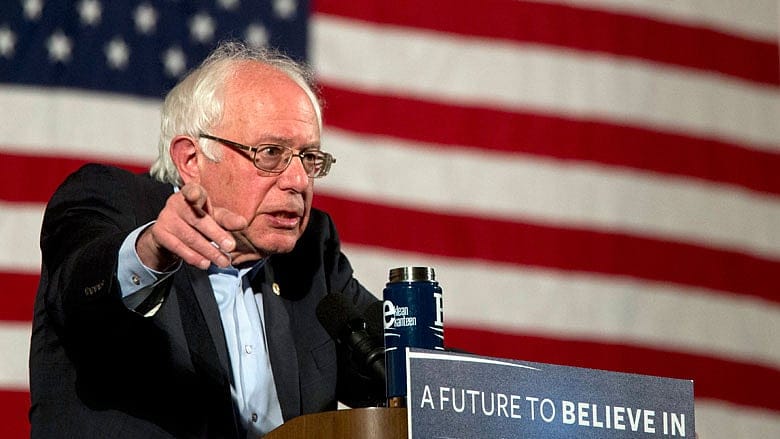Free trade, economic freedom and the election

Across party lines, one of the most used campaign slogans goes something like, "I'll bring back the jobs!" Out of context, this quote could be as easily attributed to Bernie Sanders as to Donald Trump.
However, the language of the candidates shouldn't be to bring back jobs which the free market deemed irrelevant years ago, the language should be around opening up new markets and developing a greater free trade policy with other countries.

